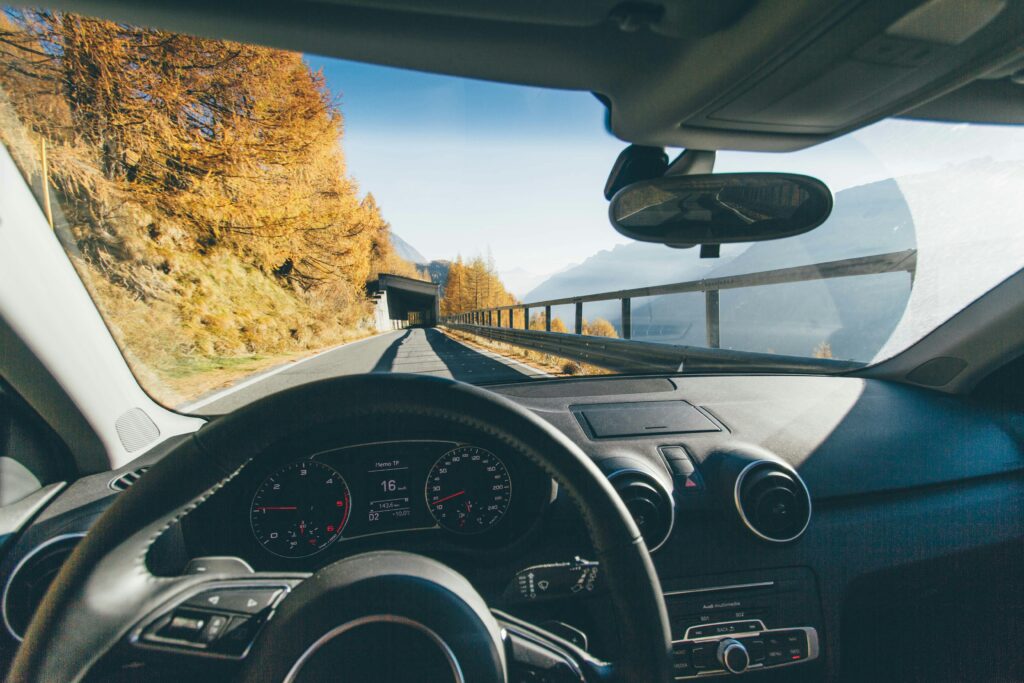Since 1990 tourism has never slowed down and has recorded an annual growth of 7%. If thirty years ago travelers were about 400 millions all over the world, nowadays they are estimated to be 1,5 billions. We are therefore talking about a healthy market aiming at expanding even further thanks to the digital transformation (Digital transformation in the travel & tourism sector).
The whole sector is heading towards the future thanks to the digital revolution which has brought about a 360 degree innovation: from the booking stage to the arrival on site, before and after, and especially in between the two. Such three phases are connected by a fil-rouge, a concept which is ruling several, different fields : personalization. Let’s analyze a few data, then:
· 36% of perspective travelers are willing to spend more if the experience offered has been designed to satisfy their specific tastes, habits and behaviors (The future of travel);
- According to the Personalization Reportissued by Sabre, 83% of tour operators’ customers expect offers and data which are closely related to their preferences;
· According to the “2019 Trends in Personalization Survey Report”by Evergage, ‘88% of marketers has recorded an increase in their business, after focusing more on the user experience.
Such a rich and profitable market has attracted many new players, becoming much more competitive than it was 15 or 20 years ago. Let’s look at Italy: AirBnb is American, Booking itself is part of aAmerican group but Europe remains the most visited continent in the world and our country is at the top of the list. Will we be able to “create” a service company or will we be disintermediate? It’s the same problem that OTTs make.
The fight among the operators is fought with innovation and the maximum personalization of the travel experience. Winners are those who can ensure their customer “something more”, a higher service level with regard to both the purchasing experience and the product provided.
And the list of customers’ exigencies is getting longer and longer : a fast and easy booking process, an efficient after-sales service, better comfort, functionality, efficiency, a faster customer service, new experiences.
The key word: technology
With traditional fliers and online pics having become obsolete, travels virtual illustrations are becoming the new must-have. Thanks to their smartphones and VR visors, clients will have the opportunity to experience a preview of the travel they are planning. Airbnb has already prototyped something similar and has premièred a system which enables users to virtually explore their houses and to leave their reviews in an augmented reality format for the other visitors.
Enhanced through chatbots, videos are still a valid alternative for the booking service. Provided they are really efficient: customers connect via their smartphones with operators in some sort of remote “face to face” appointments which are expected to be less cold and detached and to allow operators to better understand what customers are looking for and need, obviously 24/7 (Travel industry marketing videos).
Once travelers leave home, then, the target is to make their traveling experience as smooth and hassle-free as possible: check in, transportation, arrival and accommodation. Everything must be accessible via mobile and accommodations must offer the same comforts as our houses, or maybe more: smart rooms and smart homes; the Internet of Things allowing all steps to be managed through a tablet or a smartphone; wi-fi everywhere.
Smart rooms combine design, IoT and mobile devices, and, in the case of some important Asian hotel chains, also AI devices aimed to allow customers to deal with the services provided, book them via mobile apps or by using Google Home or Amazon Alexa. No key, no switch or control panel for the air conditioning system or the huge smart TV on the wall are needed. Everything can be activated by using an app, inside and outside the hotel, including the staff offering assistance or information about flights, restaurants etc.
Finally, wearable devices to be collected when you arrive at destination are the new frontier, technology-wise.
From a mass-marketed business to hyper-personalization
Once again, everything revolves around the traveling experience. That is the focus of the digital transformation for tourism. Clients take pictures, share them online, write reviews. If traveling is unforgettable, it will look so also to the eye of those looking at those pictures or reading comments. It is called word-to-mouth.
Brian Chesky, AirBnb CEO, is well aware of this : three customers out of four, especially the young ones, would rather buy an experience than a product, and the experience economy is turning into a huge business (The experience economy will be a massive business).
Smart rooms, AI managed homes, the whole eco system of digital devices available to customers , all of them collect data, a massive quantity of data, actually. And such data are becoming increasingly valuable, because they allow businesses to develop targeted products, personalized down to the smallest detail, and even to anticipate customers’ needs. The time of “one size fits all” is definitely over.
Which comforts and extras would you like to be offered when traveling? Tweet @agostinellialdo.
To find out more about the digital world, you may read my latest book entitled: “People Are Media”
If you liked this post, you may also read “The digital transformation steps: step one- reinvent yourself ”
The blog stops till the end of August. See you in September, enjoy your holidays





